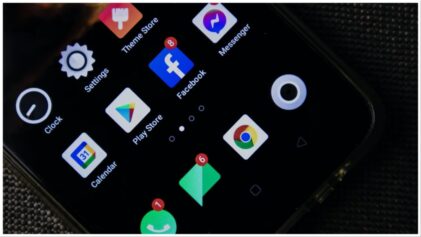Apple Inc. is starting an iPhone trade-in program this month aimed at getting users to upgrade to the iPhone 5 and turn in older models, people with knowledge of the plans said.
Apple has teamed up with Brightstar Corp., a mobile-phone distributor, to run the exchange program, said the people, who asked not to be identified because Apple hasn’t publicly announced the plan.
Brightstar also handles trade-ins for AT&T Inc. and T-Mobile US Inc., as well as other carriers and device makers, amid brisk demand for refurbished iPhone 4s and 4Ss in emerging markets. By offering money for older smartphones, Apple Chief Executive Officer Tim Cook is seeking to entice consumers to upgrade to the latest models, part of the company’s efforts to reignite sales growth and combat declining shares.
“This will help them sell more phones, because it will lower the consumer’s out-of-pocket expense,” said Roger Entner, an analyst at Recon Analytics LLC in Dedham, Massachusetts.
Amy Bessette, a spokeswoman for Cupertino, California-based Apple, and Patrick Foarde, a Brightstar spokesman who works for Ketchum Inc., declined to comment.
AT&T is currently paying as much as $200 for working iPhone 4s and 4Ss, which could let some customers buy an entry-level iPhone 5 for no money down. Ganot estimates that 20 percent of U.S. consumers buying a smartphone this year will do so using a trade-in, up from 11 percent in 2011.
Until now, Apple paid little attention to the refurbished iPhone market. That’s changing as Apple’s growth has slowed in recent quarters. Samsung Electronics Co. became the best-selling smartphone brand in the U.S. in May, T. Michael Walkley, an analyst at Canaccord Genuity Inc., wrote in a report this week.
Apple sold 37.4 million units of the iPhone in the latest quarter, compared with 35.1 million a year earlier. Apple shares have declined 38 percent from a record in September, weighed down by investor concerns that the company’s era of rapid growth, fueled by the 2007 debut of the iPhone, may be over.
Read More: bloomberg.com


